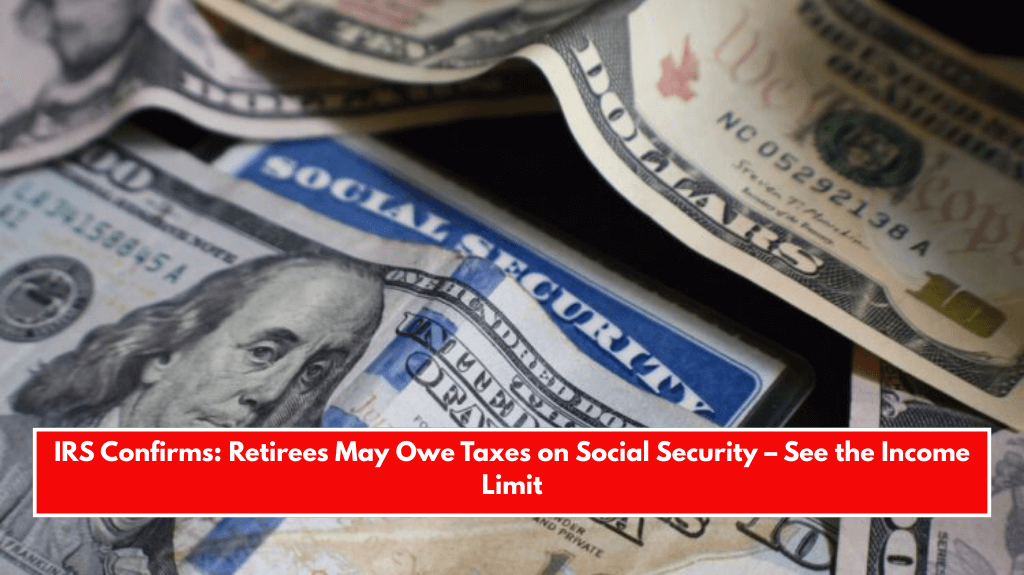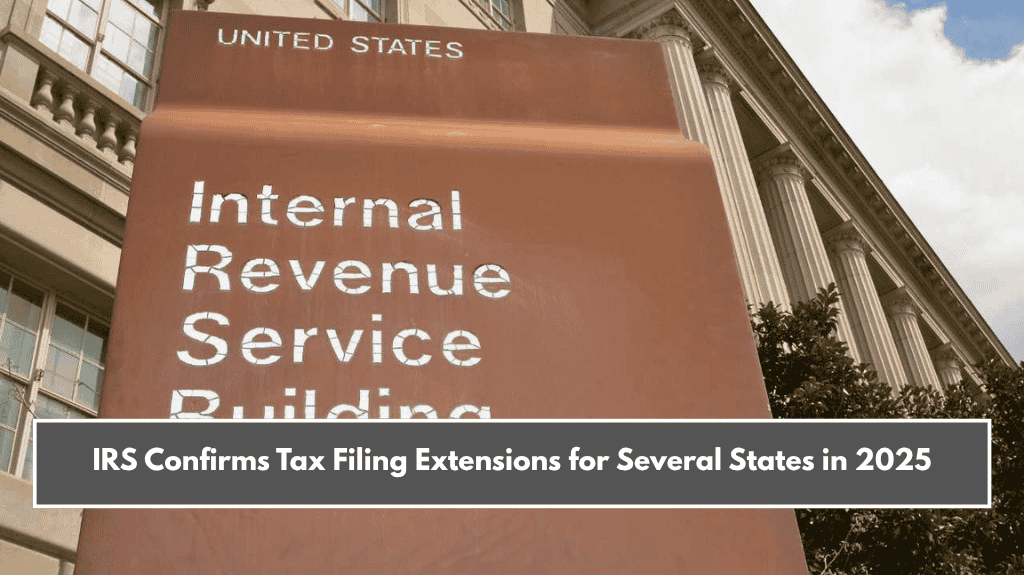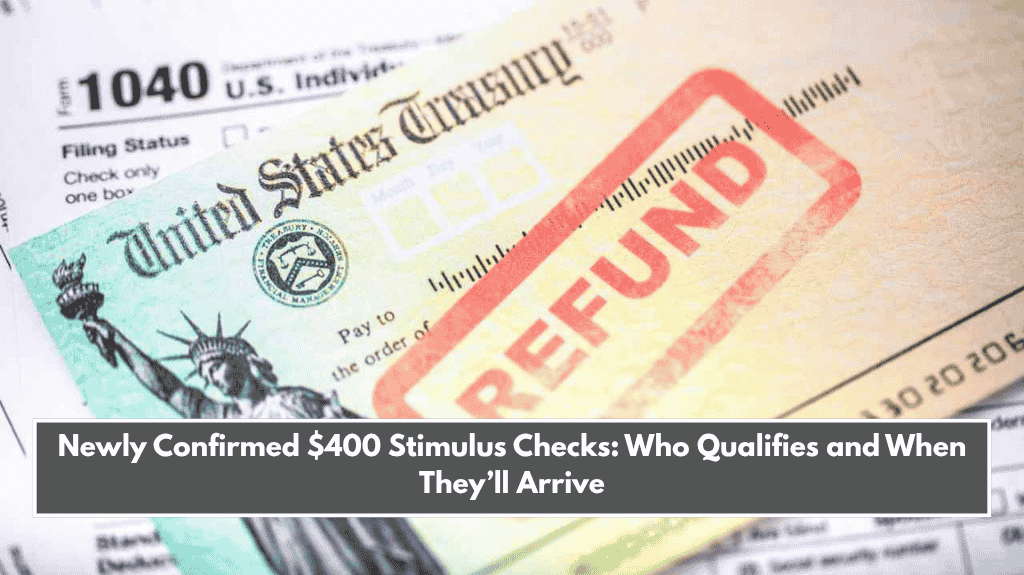Retirement is that long-awaited moment when life slows down, and you finally get to enjoy the fruits of your labor. However, as you enter this new chapter, you might find yourself asking, “Does my pension have to pay taxes?” The answer isn’t as simple as you might think.
While many retirees assume their Social Security benefits are tax-free, the reality is that they may be subject to tax withholdings. Failing to understand the tax rules could lead to an unexpected tax bill from the Internal Revenue Service (IRS). Let’s clear up this confusion and help you understand who has to pay taxes, how much, and how to avoid surprises.
Why Can Your Retirement Check Be Taxed?
It may seem unfair, but Social Security benefits aren’t designed to completely replace your income. They are meant to supplement your retirement funds. If you have other income sources in addition to your benefits, the IRS will consider your Social Security benefits taxable. How much of your benefits are taxed depends on your total income, also known as your Modified Adjusted Gross Income (MAGI).
What is the Income Range for Taxable Benefits?
The IRS sets income thresholds that determine whether your Social Security benefits are taxable:
- Single individuals: If your combined income exceeds $25,000 per year, your benefits could be taxed.
- Married couples filing jointly: If your combined income exceeds $32,000, up to 85% of your benefits could be taxable.
In both cases, if your income exceeds these thresholds, the IRS may tax up to 85% of your Social Security benefits.
What Is Combined Income?
The IRS calculates your combined income by adding the following:
- Your Adjusted Gross Income (AGI), which includes wages, interest, and other sources of income.
- Tax-exempt interest.
- 50% of your Social Security benefits.
Once you add these amounts together, the IRS uses the total to determine whether your benefits are taxable.

What Types of Income Make Your Benefits Taxable?
Many retirees have additional sources of income beyond their Social Security checks. These could include:
- Rental income.
- Private pensions.
- Investment income.
- Withdrawals from 401(k) accounts.
Any of these sources of income will be included in your total income and may increase your MAGI, making your Social Security benefits subject to taxes.
Can You Reduce How Much You Pay in Taxes?
While additional income often leads to taxes on your benefits, there are ways to minimize how much you pay:
- Consult a tax professional: If you’re unsure whether your income will affect your Social Security tax, it’s always a good idea to seek expert advice.
- Distribute income throughout the year: By spreading out your income over the year, you may be able to keep your total income under the taxable threshold.
- Request direct withholding: You can request the IRS to withhold taxes from your benefits directly, so you don’t face a large tax bill at the end of the year.
- Consider Roth IRA accounts: Withdrawals from Roth IRAs are not taxed, so contributing to one during your working years can help you manage your taxable income in retirement.
What is the IRS?
The Internal Revenue Service (IRS) is the U.S. government agency responsible for collecting taxes and processing tax returns. The IRS also issues refunds, administers tax credits like the Child Tax Credit, and conducts audits if it suspects discrepancies in tax filings.
Why Do Taxes Exist?
Taxes are essential for funding government services and social benefits. When you pay taxes, you are contributing to public services such as education, law enforcement, public workers’ salaries, and, of course, the Social Security program itself. Taxes allow the government to fund these services and benefits that support the nation’s infrastructure.
Not all retirees pay taxes on their Social Security benefits, but many do. If your combined income exceeds certain thresholds, the IRS will tax a portion of your benefits. The key is staying informed about your income and taking proactive steps to avoid surprises come tax season.
Consult a tax professional, consider adjusting your income throughout the year, and explore options like Direct Deposit for easier tax withholding. By understanding the rules and managing your income wisely, you can enjoy your retirement without the stress of unexpected tax bills.















